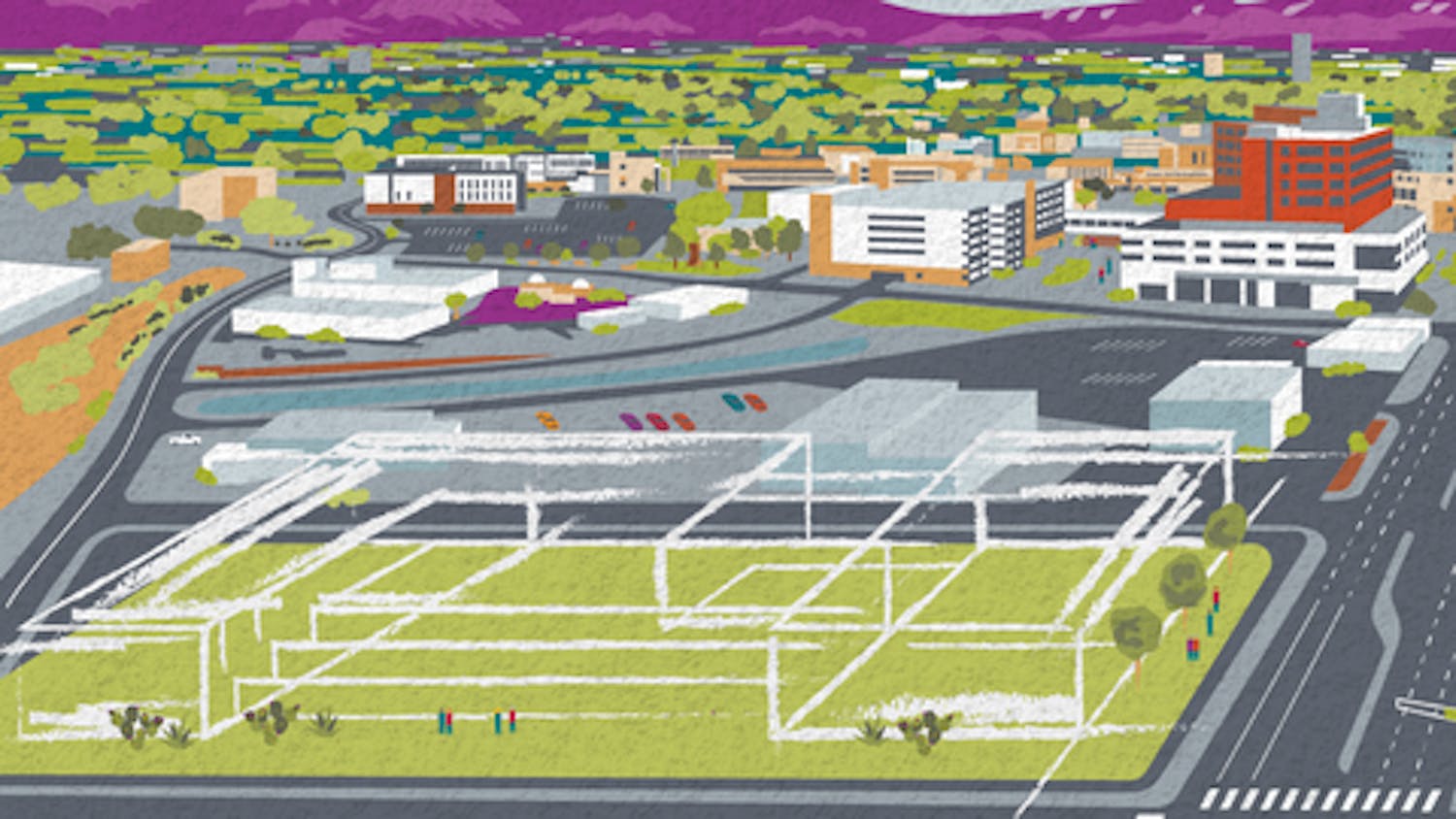The battle to prove to teens that adults can be trusted is what UNM therapist Christina Vasquez says has pushed her to work on the University's new runaway program.
Vasquez, assistant professor Natasha Slesnick and therapist Etlantus Raylah have opened the UNM Runaway and Homeless Youth Program. It is the first of its kind in the country and is funded by $2.7 million in grants the trio earned from the National Institutes of Health.
The idea behind the program is to target youth ages 14-20 who are battling substance abuse problems and either have no family to return to or the situation at home is so abusive that they cannot return. Other runaway centers in Albuquerque have an emphasis on reuniting the teens with their families, but the new center does not.
"These kids are known as runaways or throwaways and there really aren't programs around that we know of that cater to their needs," Vasquez said. "We are trying to provide a stable environment, give them positive adult role models they can look up to, and help them get back on their feet."
The teens go through an intake during which they are evaluated to see if they meet the program requirements. The youth don't necessarily need to be living on the streets and may be trying to cope with unstable home environments or sleeping on couches at friends' houses. Those who are accepted in the program are signed up for 16 therapy sessions tailored to meet their goals.
"They decided what they want to focus on and what areas they want help in," Vasquez said. "We don't impose our needs on them. This is very much about stabilizing their environment and meeting their needs."
Get content from The Daily Lobo delivered to your inbox
Assistance finding a place to live, food and medical care are among the services the runaway program will provide for its patients.
The other major component of the program is providing volunteer mentors who spend at least one hour a week with the teens.
"We want them to see that the adults can be positive role models and can lead healthy lives," Vasquez said. "It's a way of showing them that they have a viable way out."
The program is recruiting volunteers who are 18 years or older. The one-hour appointments with the teens are set to work around both parties' schedules.
"We are just looking for people interested in being positive role models for the kids," she said. "Some take them skiing and do really great things, but all they really need is someone to talk to and look up to."
As the teens are receiving treatment, the program coordinators will be researching which methods of treatment work best and will run for four years.
"There isn't really any research as to why these teens leave," Vasquez said. "We hope to submit a grant later to look into it, but some theories are that there is a lot of conflict at home that can include physical, sexual and emotional abuse, or a lot fighting. Parents unable to accept that their child is gay, homosexual, bisexual or transgendered also plays a major role. Then, you have kids who have been bounced around through foster care who just choose the street over more time in the state's system."
While trying to help youth overcome years of abuse is a daunting task and the therapists aren't always successful, Vasquez said it remains very rewarding.
"You help kids see that adults are not all bad and provide at least a positive experience with an adult," she said. "And every so often, we have a success story where kids clean up and get a job or go to school and really straighten out. If that happens to one in every 50, it makes us want to keep doing this because it feels great to know you've helped."
For more information about the UNM Runaway and Homeless Youth Program, call 220-6195.





